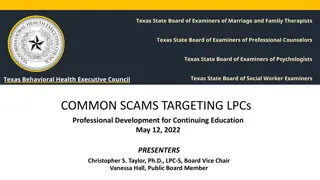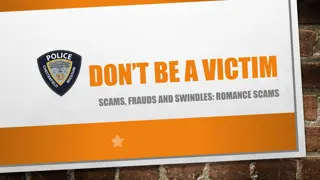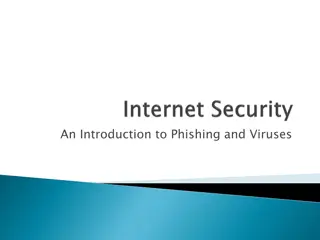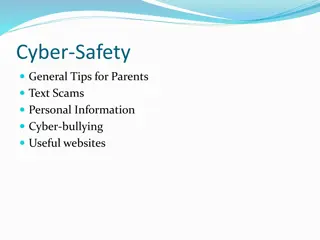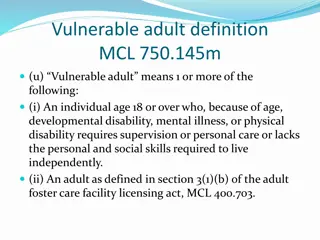Recognizing Online Scams and Seeking Support
Understanding the nature of online scams and learning how to identify them is crucial in protecting oneself from cyber threats. This lesson covers the tactics used by scammers such as phishing, smishing, and vishing, along with ways to spot scam emails or messages. It also emphasizes the importance of reporting incidents and seeking support from appropriate channels to stay secure online.
Download Presentation

Please find below an Image/Link to download the presentation.
The content on the website is provided AS IS for your information and personal use only. It may not be sold, licensed, or shared on other websites without obtaining consent from the author.If you encounter any issues during the download, it is possible that the publisher has removed the file from their server.
You are allowed to download the files provided on this website for personal or commercial use, subject to the condition that they are used lawfully. All files are the property of their respective owners.
The content on the website is provided AS IS for your information and personal use only. It may not be sold, licensed, or shared on other websites without obtaining consent from the author.
E N D
Presentation Transcript
LESSON 3: Identifying scams and sources of support
Learning objective Learning objective Students will learn how to identify scams, where to report cyber security incidents and what happens when reporting
Learning outcomes Learning outcomes I can offer advice about how to effectively respond to account or device compromise I can identify signs of online scams and the measures needed to stay secure online I can explain a range of sources of support and reporting channels, when reporting account or device compromise
What is an online scam? What is an online scam? The use of online technology to defraud people Carried out by cyber criminals for personal gain, financial or otherwise. Scammers trick people through things like phishing emails, fake websites, and malicious software to gain access to someone s data, files, and personal information.
Ground Rules Ground Rules
What is our starting point? What is our starting point?
Phishing, Smishing and Vishing Phishing, Smishing and Vishing Think, pair, share: What are phishing , smishing and vishing ? What are the signs of phishing , smishing and vishing scams?
Phishing, Smishing and Vishing Phishing, Smishing and Vishing Phishing: Untargeted, mass emails sent to many people, asking for sensitive information (such as bank details) or encouraging them to visit a fake website through a link. This could also be through social media messages. Smishing: Phishing via SMS - text messages are sent to users, asking for sensitive information (e.g. bank details) or encouraging them to visit a fake website. Vishing: Phishing via telephone making phone calls or leaving messages for people, asking for sensitive information (e.g. bank details).
How to spot a scam email or message How to spot a scam email or message Scams usually feature one or more of these tell-tale signs: Authority The message might trick someone into doing what the criminal wants by claiming to be from someone official, for example a bank, doctor, a solicitor, or a government department. Urgency The message may give a limited time to respond (such as 'within 24 hours' or 'immediately ) or there may be a threat of fines or other negative consequences. Emotion The message might make the recipient panic, fearful, hopeful or curious. Criminals often use threatening language, make false claims of support, or trick people into wanting to find out more. Scarcity The message might offer something that is in short supply, like concert tickets, money or a cure for medical conditions. Fear of missing out on a good deal or opportunity can make recipients respond quickly. Current events Criminals often exploit current news stories, big events or specific times of year (like tax reporting) to make their scam seem more relevant.
How to spot a scam email or message How to spot a scam email or message Other tell-tale signs might include: Spelling, grammar and presentation A message might contain bad spelling or grammar, come from an unusual email address, or feature imagery or design that feels off . However, scams are getting smarter and some even fool the experts. Impersonal Instead of addressing the recipient by name, a message might refer to 'valued customer', or 'friend' or 'colleague . Requests for personal information A bank (or any other official source) should never ask someone to supply personal information in an email. If this is the case, the bank should be contacted directly. Sounds too good to be true If it sounds too good to be true, it probably is. It's most unlikely that someone would offer designer trainers for 10, or codes to access films for free, for example.
Can you spot a scam email or message? Can you spot a scam email or message? Authority Urgency Emotion Scarcity Current events Spelling, grammar and presentation Impersonal Requests for personal information Sounds too good to be true Working as a pair, highlight any areas of the emails or messages that you think are suspicious, and decide whether each example is a scam or not.
Is this a scam? Is this a scam? Authority Urgency Emotion Scarcity Current events Spelling, grammar and presentation Impersonal Requests for personal information Sounds too good to be true
Is this a scam? Is this a scam? Authority Emotion Spelling, grammar and presentation Impersonal Requests for personal information
Is this a scam? Is this a scam? Authority Urgency Emotion Scarcity Current events Spelling, grammar and presentation Impersonal Requests for personal information Sounds too good to be true
Is this a scam? Is this a scam? Authority Emotion Current events Spelling, grammar and presentation Impersonal Sounds too good to be true
Is this a scam? Is this a scam? Authority Urgency Emotion Scarcity Current events Spelling, grammar and presentation Impersonal Requests for personal information Sounds too good to be true
Is this a scam? Is this a scam? Authority Urgency Emotion Scarcity Current events Spelling, grammar and presentation Impersonal Requests for personal information Sounds too good to be true
Is this a scam? Is this a scam? Authority Urgency Emotion Scarcity Current events Spelling, grammar and presentation Impersonal Requests for personal information Sounds too good to be true
Is this a scam? Is this a scam? Urgency Emotion Scarcity Current events Spelling, grammar and presentation Impersonal Requests for personal information Sounds too good to be true
Is this a scam? Is this a scam? Authority Urgency Emotion Scarcity Current events Spelling, grammar and presentation Impersonal Requests for personal information Sounds too good to be true
Is this a scam? Is this a scam? Authority Emotion Spelling, grammar and presentation Impersonal Requests for personal information
Is this a scam? Is this a scam? Authority Urgency Emotion Scarcity Current events Spelling, grammar and presentation Impersonal Requests for personal information Sounds too good to be true
Is this a scam? Is this a scam? Urgency Emotion Current events Impersonal Requests for personal information
Seeking support Seeking support In the film, both Luca and Olivia had choices to make about whether to talk to others about the problems they were experiencing online. What are the benefits of reaching out to friends and family for support?
Seeking support Seeking support Reporting methods Reporting methods Read about your reporting method and summarise for the rest of your group: a)Why is this reporting method important? b)What happens when reporting? c) Which of the characters in the film could have used this reporting method? https://www.ncsc.gov.uk/collection /phishing-scams/ https://www.asa.org.uk/make-a- complaint/report-an-online-scam-ad.html https://www.actionfraud.police.uk/
If personal information has been shared If personal information has been shared Situation Action Banking details have been provided Contact the bank and let them know A message has been received on a work laptop or phone Contact the IT department and let them know A link has been opened or instructions to install software have been followed Open and run any anti-virus software, allowing it to clean up any problems it finds A password has been shared Change the password on all accounts that use the same password (if it s for email account, check email filters and forwarding rules) Money has been lost Tell the bank and report to Action Fraud (England, Wales and Northern Ireland) or Police Scotland
Seeking support Seeking support For further support about cyber security and staying safe online: Speak to a parent, tutor, counsellor, or other trusted member of staff in the school Contact Childline www.childline.org.uk 0800 1111 Contact Victim Support: www.victimsupport.org.uk/help-and-support/young-victims-crime Explore advice on the NCSC website www.ncsc.gov.uk For reporting: Action Fraud: www.actionfraud.police.uk/reporting-fraud-and-cyber-crime Phishing emails: forward to report@phishing.gov.uk SMS: forward to 7726
Giving advice Giving advice Olivia: My computer is running so slowly and I keep getting pop-ups. There are also still a couple of accounts that say I have forgotten my password. Luca: I still can t get into my social media account and people are still telling me that they are receiving weird messages from me. Raheem: I keep getting spam DMs and emails ever since I received those messages from Luca.
What have we learnt today? What have we learnt today? Revisit the questions from the start of the lesson: What are the signs that online communication might be a scam? What should someone do if they think they have been scammed? What sources of support are available for someone who has been scammed? How can someone report an online scam if they are targeted? I can identify signs of online scams and the measures needed to stay secure online I can explain a range of sources of support and reporting channels, when reporting account or device compromise I can identify how to recover an account and device, and demonstrate the skills needed to do so I can offer advice about how to effectively respond to account or device compromise
Optional extension: Teaching others Optional extension: Teaching others Design an activity to teach other students about scams online. This should include: An explanation of the term scam Tell-tale signs of scams or things to look out for Examples of genuine texts/ DMs/ emails, for students to identify how they know they are genuine
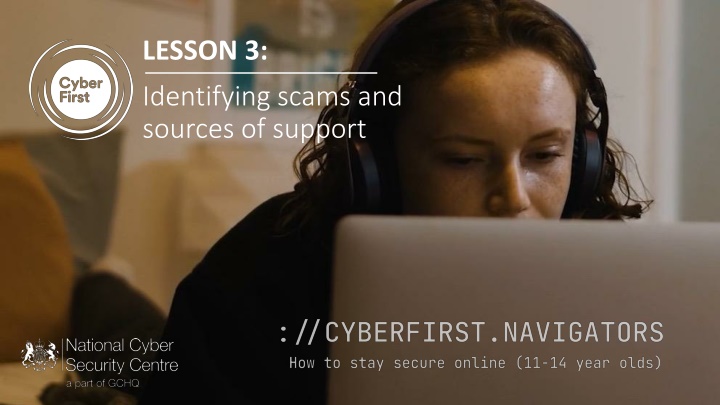


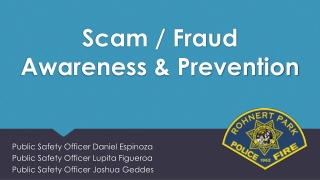

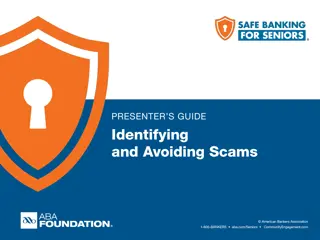
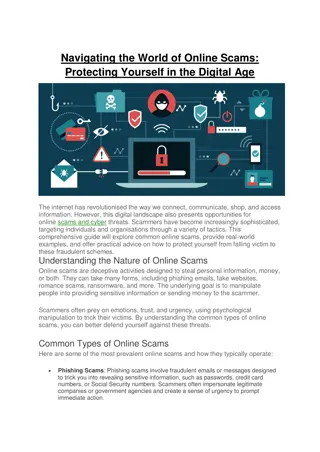
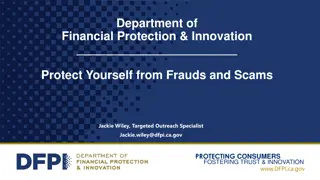
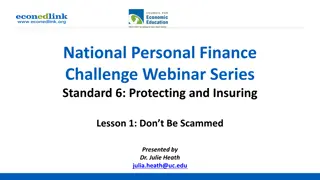
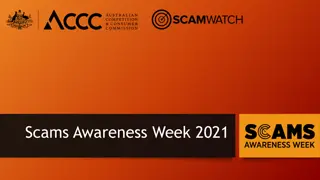
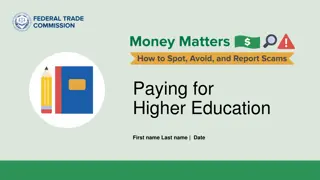
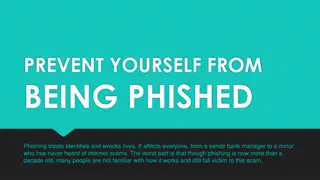
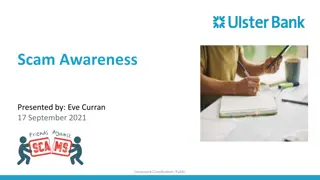


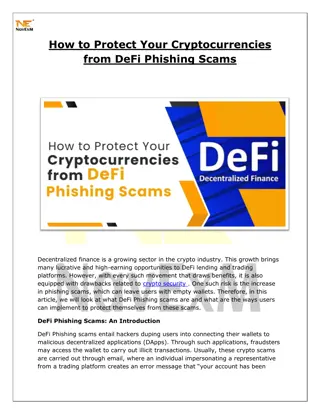
![101 Reviews How to Recover Lost Bitcoin [Scammed/Stolen Funds]](/thumb/153354/101-reviews-how-to-recover-lost-bitcoin-scammed-stolen-funds.jpg)
